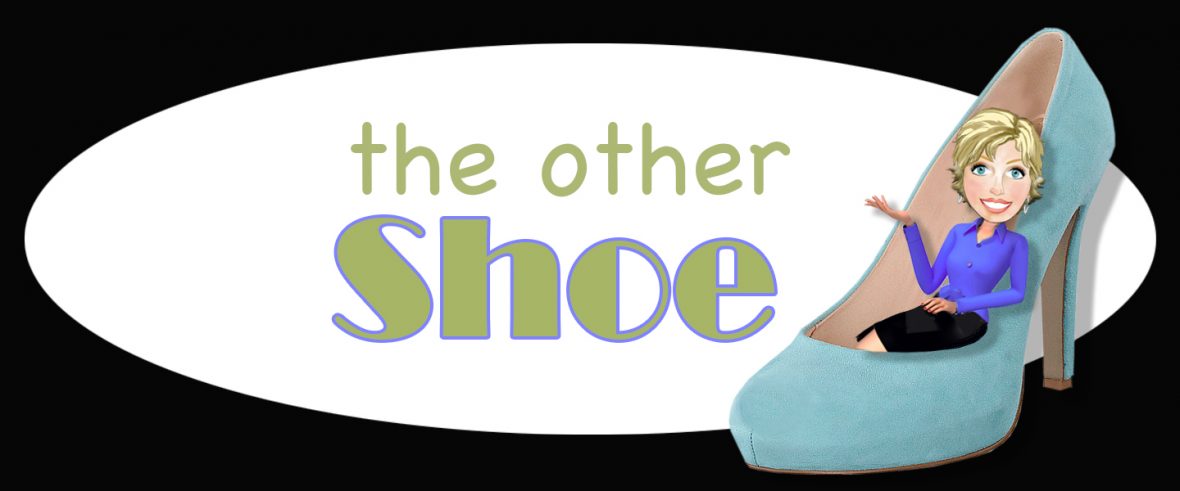
Ah, mirrors. Can’t do with ‘em; can’t do without ‘em. Sometimes they’re pretty darn handy when you need a close look at that bump on your chin, pesky roots growing in or a tooth that’s been bugging you. But sometimes, mirrors show a little more than we would like because, unfortunately — they don’t lie.
I can’t say that for a lot of other things today.
The media, even in its earliest form, is a mirror of our lives. Though the first newspaper made its debut in our fledgling country in 1704, it took a few years to for all the colonies to have their own versions of press. Still, it didn’t take long to incite some tension between media and government. In time, Benjamin Franklin published one of the first editorial cartoons, joining other colonial printers and editors who realized early on they held a perfect mirror to criticize the local governers. Of course, the governor then discovered — he could shut down the newspapers. Sound familiar?
“Freedom of the press, if it means anything at all, means the freedom to criticize and oppose.” George Orwell
Early media provided critical news of local happenings, publishing arguments used by the patriots to voice their grievances like “No taxation without representation!”.(Remember that one?) Since the first two political parties were formed in the 1790’s, newspapers lined up on both sides to provide a flow of partisan news and information, sometimes vehemently. At the height of the barb slinging, the Federalists passed the Alien and Sedition Acts, which included one that made publishing “false, scandalous or malicious writing against the Government of the US with intent to defame” a federal crime. Luckily, that cute McCarthy-ish law expired in 1801.
Yet, editors representing both parties were important political players in their states, stuffing their papers with their party’s major speeches and campaign platforms. Throughout the 1800’s, newspapers proliferated and party lines were behind every line of news copy and editorials. That is until, people like William Randolph Hearst, found he could make more moolah expanding his media’s base by becoming non-partisan. Undeterred, journalists still continued to expose social and political sins of corporate monopolies, crooked political machines, urban poverty, and child labor. Times change but news is still news.
“Only a free and unrestrained press can effectively expose deception in the government”. Supreme Court Judge Hugo Black
Media is a lot like a mirror, at least when it’s done right. What’s reflected is born of truth, not magic. Sometimes it shows more than we want see but then it’s not a mirror’s job to assure anyone they are “the fairest one of all”. It reflect what’s real, pimples and all – not a photoshopped version. Mirrors reflect who we are, in all our human frailties.
I don’t love mirrors yet my vanity (sounds cringe worthy) table sits in front of my bedroom window lest I get any ‘whoa, there’s a surprise’ when I leave the house. I guess I just like to know what I’m ‘facing’, no pun intended. which is pretty much the same reason I read news and blog posts or watch trusted news stations. Ya just gotta know what’s going on.
“I consider the media to be indispensable to democracy. That we need the media to hold people like me to account. Power can be very addictive, and it can be corrosive, and it’s important for the media to call to account people who abuse their power, whether it be here or elsewhere.” George W. Bush
Like a mirror, the media is only your enemy if what you see or hear isn’t true, not if it’s merely not what you like. Even when they don’t agree with what we believe or want, facts aren’t any less true — unless they aren’t facts. My mother used to say, ‘the truth hurts’ and sometimes it does. I tell my peeps to always tell me the truth, even if I don’t like it. I mean, how else would I know, that all the while I was yucking it up, I have poppy seed in my front teeth? Yes, the truth can hurt but it can also heal. It can make us think, incite us to act, and, at the very least, trip some changes in the way we view things. Continue reading “Mirror, Mirror on the Wall”

